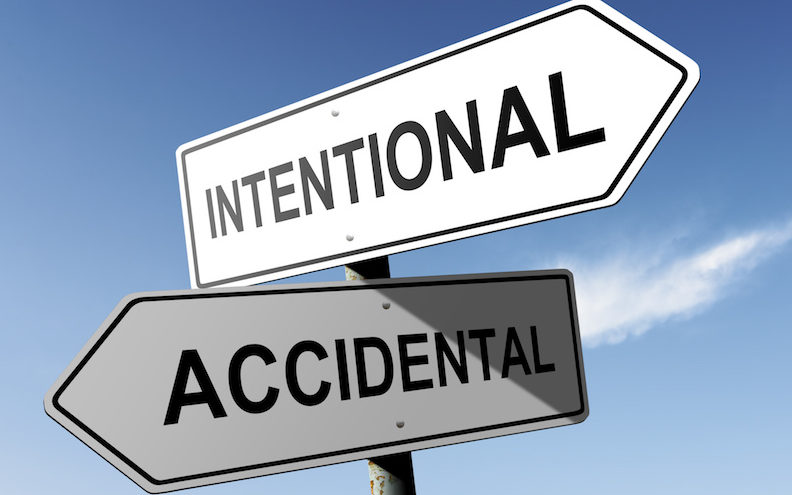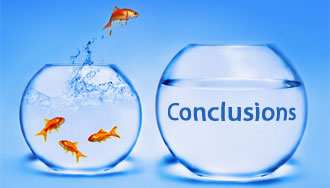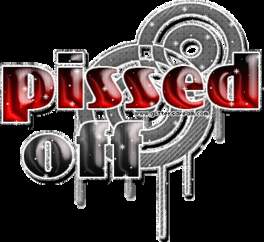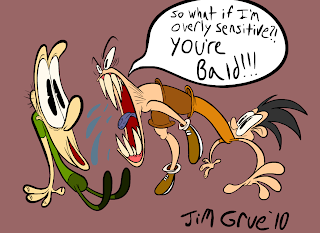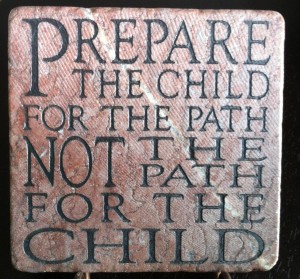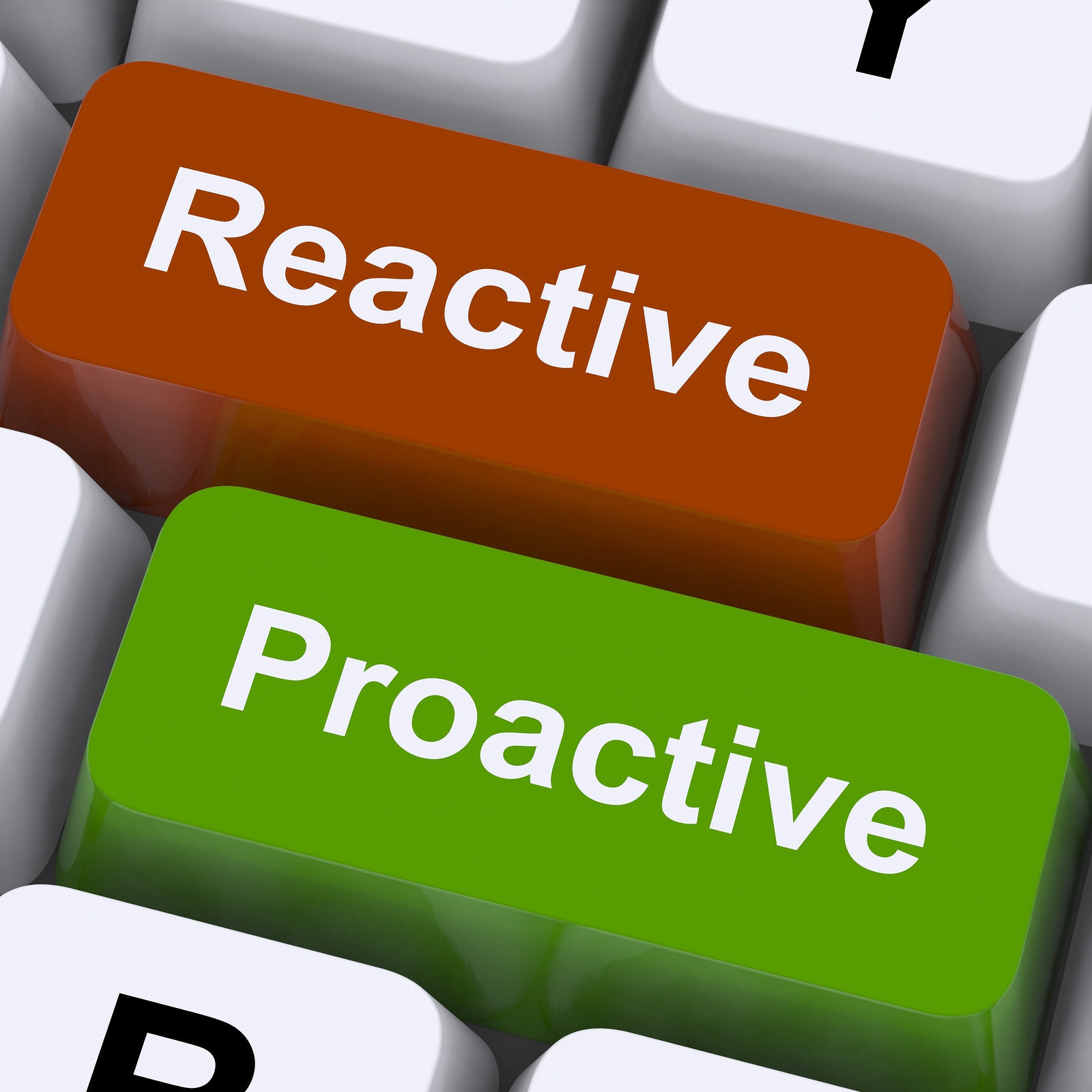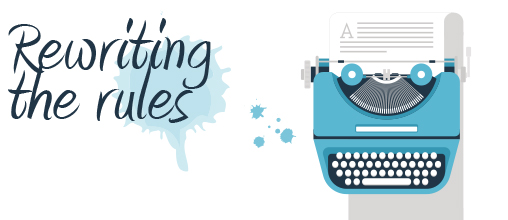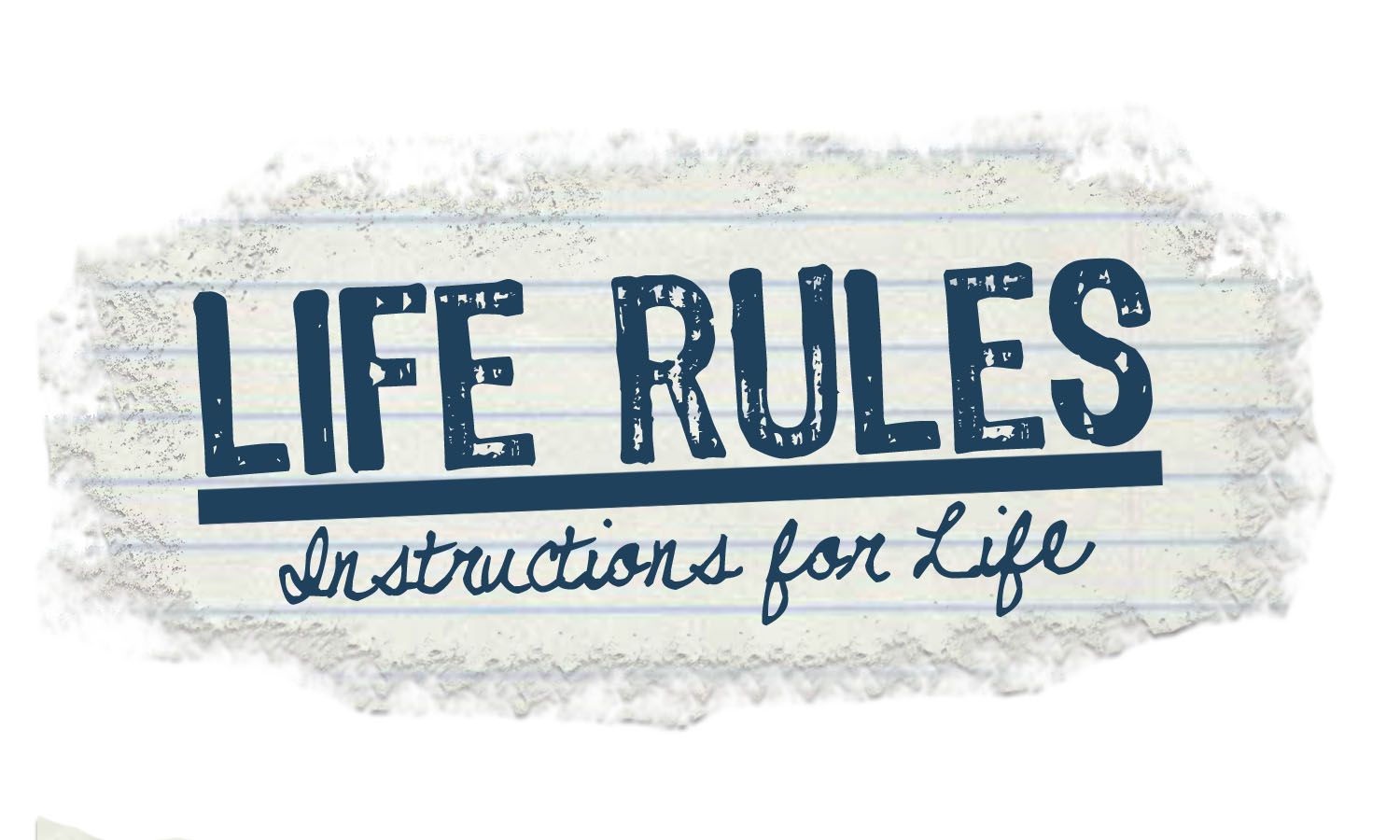Intentionality
From Volume 15, Issue 4:Intention (noun):
1. the fact or quality of being done on purpose or with intent: The author’s choice here may not have been intentionally racially charged, but discrimination and prejudice are often not rooted in intentionality.
2. an attitude of purposefulness, with a commitment to deliberate action: “Active hope” is a practice that does not require optimism; instead, it requires intentionality.

